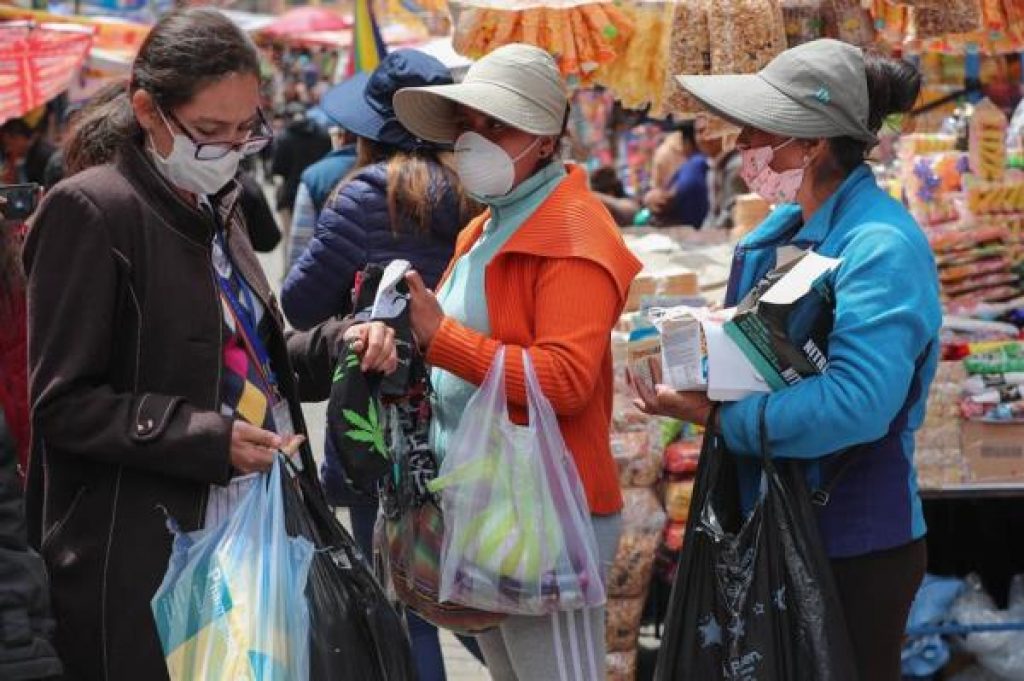The covid-19 pandemic forced the closure of millions of micro, small and medium-sized companies in Latin America and the Caribbean and generated a more serious loss of employment than in any other region of the world and a situation that will be very difficult to reverse in the short term.
This is warned by a report published today by the International Labor Organization (ILO) on the social and employment prospects for 2022.
According to the analysis, the recovery of the regional labor market will lag behind the resumption of economic growth (compared to the pre-pandemic period) and the quality of employment generated could be lower than it was before the health crisis.
“Latin America and the Caribbean form the region for which the projections are the least optimistic and this is due to a variety of reasons, but in summary, we do not foresee a return of the main indicators to where they were in 2019 before 2023, at least “, said the director of the ILO Research Department, Richard Samans, at a press conference.
The report indicates that job destruction and reduction in working hours have been tremendously greater among small businesses than among large firms. Women, youth, the low-skilled, and immigrants have also been disproportionately impacted in terms of job prospects.
Virtually all indicators show the tension in the Latin American labor market.
WORRYING DATA
If the participation of the labor force was 62.7% in 2019 in Latin America, last year it was 60.2%, this year it will be 61%, and the next 61.2%.
The unemployment rate soared from 7.9% before the pandemic to 10% last year, from where estimates point to it falling to 9.3% this year and 8.8% in 2023.
Latin American women have been heavily penalized, with a labor force participation rate of 49.4% this year, compared to 51.1% in 2019, while the female unemployment rate rose from 12.3% to 14.8%.
According to ILO economists, employment will not follow the same positive trend of economic growth, which was 6% for the region in 2021, partly driven by positive international trade for Brazil and the favorable repercussions in Mexico of the increase in demand in the United States.
Meanwhile, the recovery of tourism-dependent Caribbean economies – whose gross domestic product has in some cases declined by as much as double figures – will go hand in hand with vaccination coverage and the lifting of restrictions on international travel.
GLOBAL PICTURE
Globally, the prolongation of the pandemic and the uncertainty it continues to generate has sunk the forecasts for the recovery of employment in the world that were held for this year, in which it is projected that there will be a reduction of 52 million jobs to full-time compared to the last quarter of 2019, which doubles the shortfall in hours worked that the ILO had forecast.
The previous estimate for the full year of 2022 was for a loss of 26 million full-time jobs. The consequence is that in the year that has begun the number of hours worked will be 2% less than before the pandemic and this is because the labor market continues to suffer from the effects of the health crisis.
However, this is not the worst forecast of the study carried out by the United Nations technical body, since the asymmetric recovery that has begun to be seen -between high and low-income countries, within them and between sectors of their economies- has already has begun to cause “long-term knock-on effects that could derail the recovery”.
